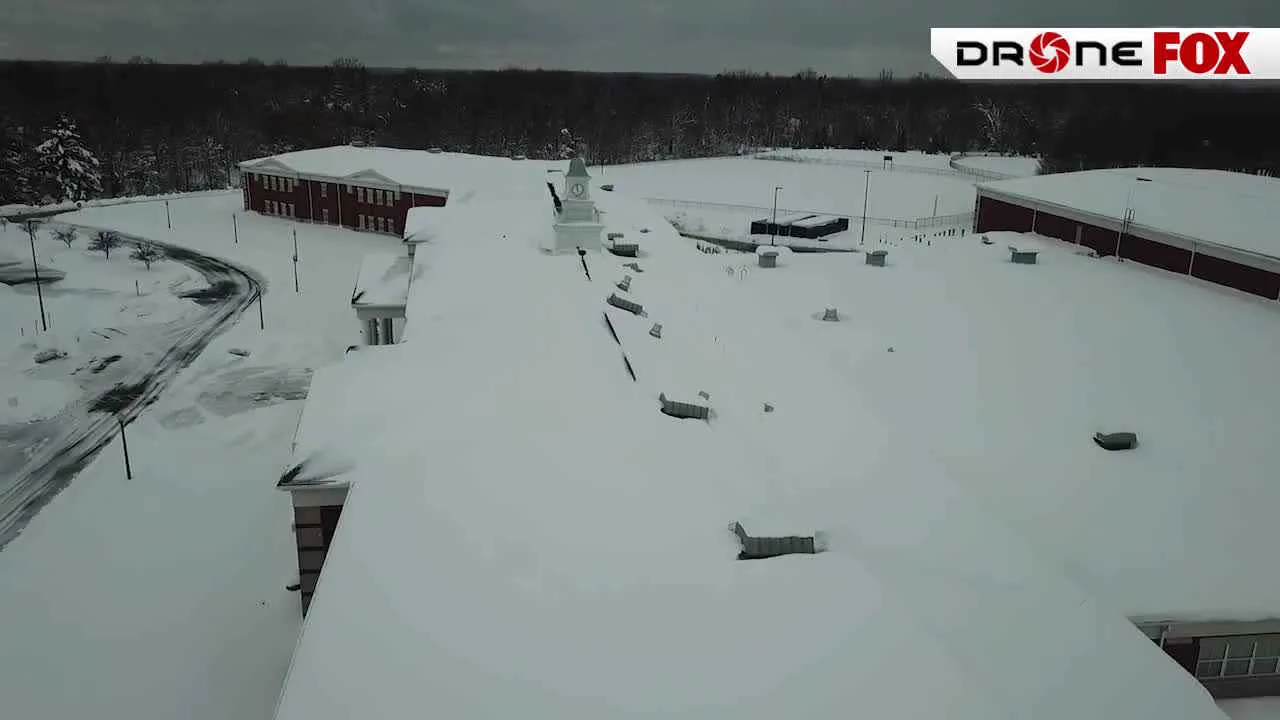Shocking School Closures: What Parents Need to Know Now!
In an unprecedented educational crisis, American schools are facing a perfect storm of challenges that threaten students’ academic and social development. The aftermath of the COVID-19 pandemic has exposed deep-rooted issues in the education system, leaving parents and educators scrambling for solutions.
The Stark Reality of Learning Loss
Recent data paints a grim picture of student performance. Only 56% of fourth-graders are performing at grade level in math, a significant drop from 69% in 2019. Reading scores have similarly plummeted, with just 65% of third-graders reading at their expected level. This learning loss is not just a temporary setback but a potential long-term educational crisis.
Key Challenges Facing Schools
- Chronic Absenteeism: The rate of student absences has doubled since 2019.
- Staffing Shortages: Schools struggle to find qualified teachers and support staff.
- Funding Constraints: Pandemic-era federal funding is expiring, leaving schools with limited resources.
Dr. Emily Rodriguez, an education policy expert, warns, “We’re looking at a generation of students who have experienced unprecedented educational disruption.”
The Deeper Impact
The consequences extend far beyond academic performance. Students are experiencing:
- Significant social and emotional development challenges
- Increased behavioral issues
- Difficulties with focus and attention
Particularly vulnerable are:
– Low-income students
– Students with disabilities
– English language learners
A Glimmer of Hope
Despite the challenges, some schools are finding innovative solutions. Simple, low-tech strategies are proving effective:
- Targeted tutoring programs
- Intensive summer school sessions
- Community engagement initiatives
What Parents Can Do
Experts recommend several proactive steps:
- Stay Informed: Regularly communicate with teachers about your child’s progress.
- Seek Additional Support: Consider supplemental tutoring or learning resources.
- Engage with the School Community: Participate in parent-teacher meetings and school events.
“Parents are the most critical partners in addressing learning loss,” says Michael Chen, a leading education consultant.
Looking to the Future
The implications of these educational challenges are profound. Without immediate and comprehensive intervention, students may face long-term deficits that could impact their future educational and career opportunities.
A Call to Action
Education is not just about academic achievement – it’s about preparing children for a complex, ever-changing world. Schools, parents, and communities must work together to bridge the learning gap and support our students.
Final Thoughts
The school closure crisis is more than a temporary setback. It’s a critical moment that demands attention, resources, and innovative solutions. Parents, educators, and policymakers must collaborate to ensure our children receive the support they need to thrive.
Stay informed, stay engaged, and never stop advocating for your child’s education.
Disclaimer: This article is based on current research and expert opinions as of 2024. Individual experiences may vary.






Leave a Comment